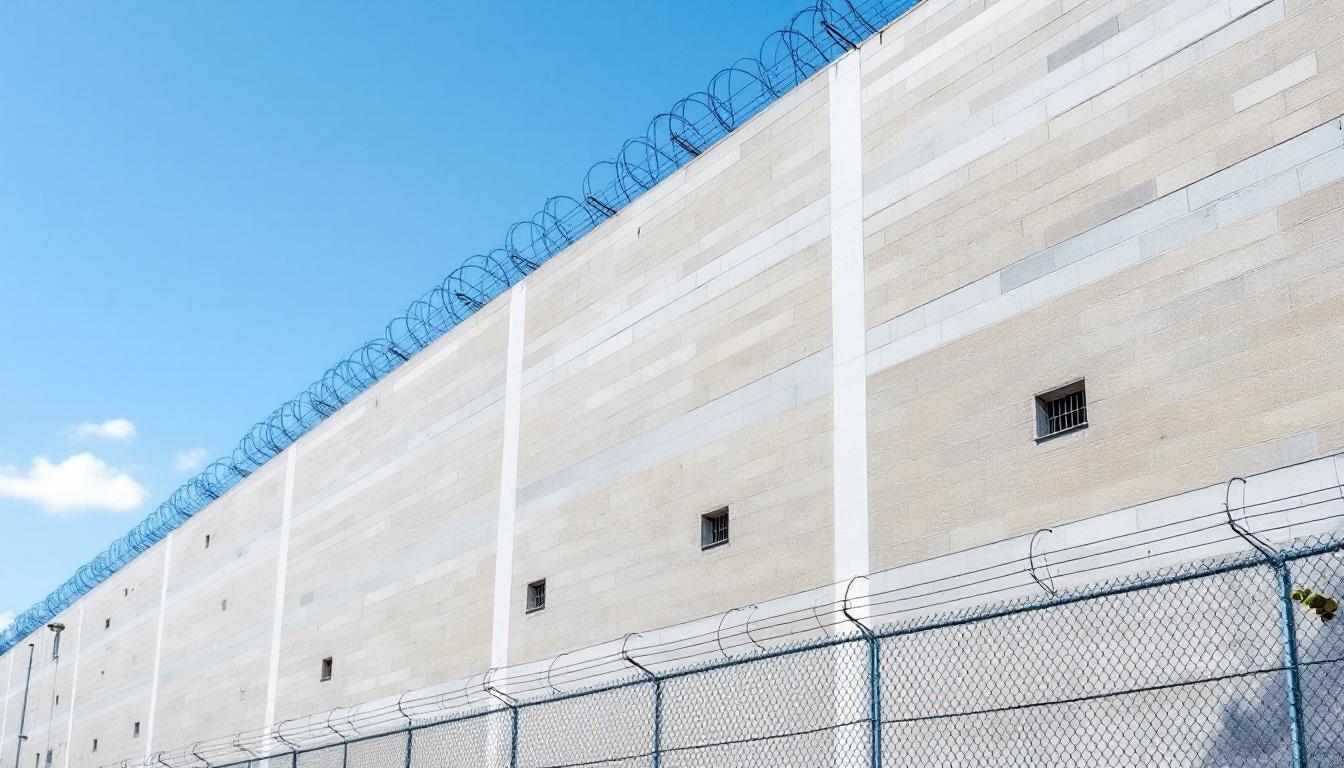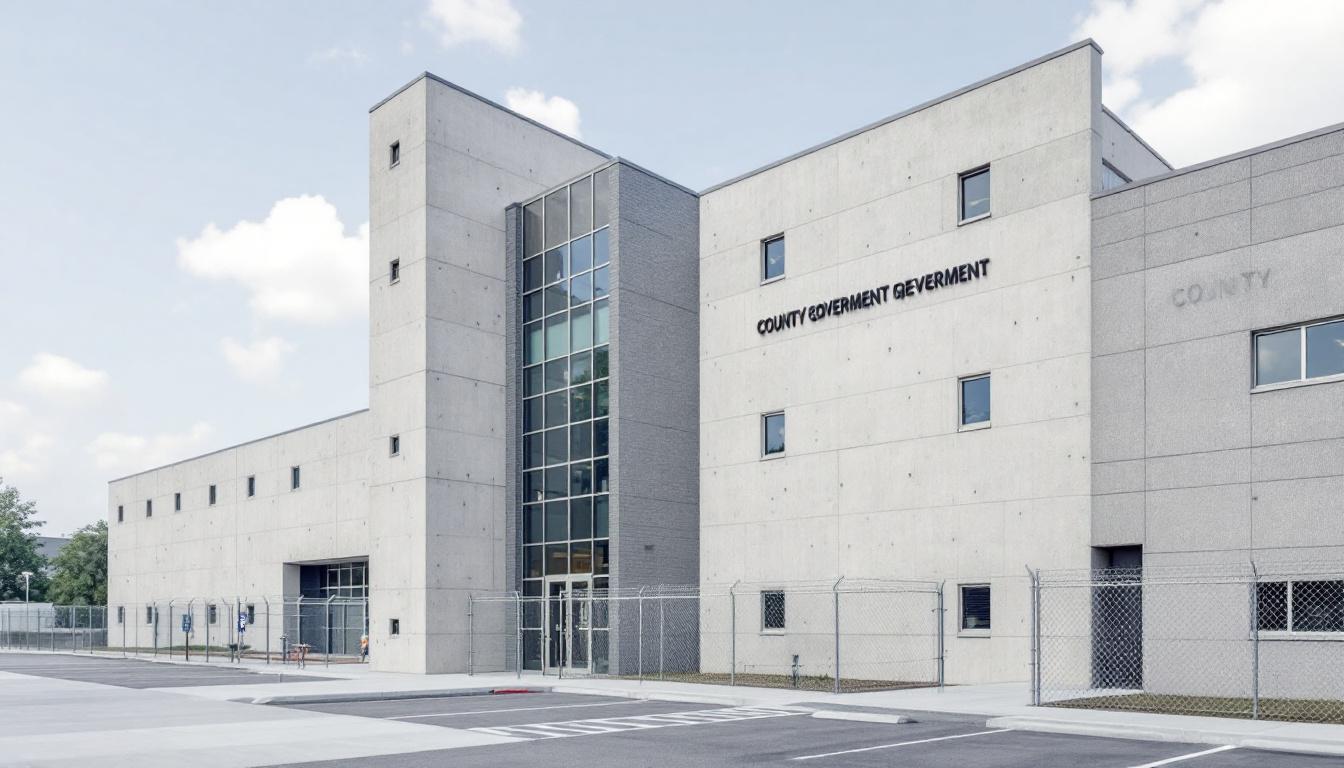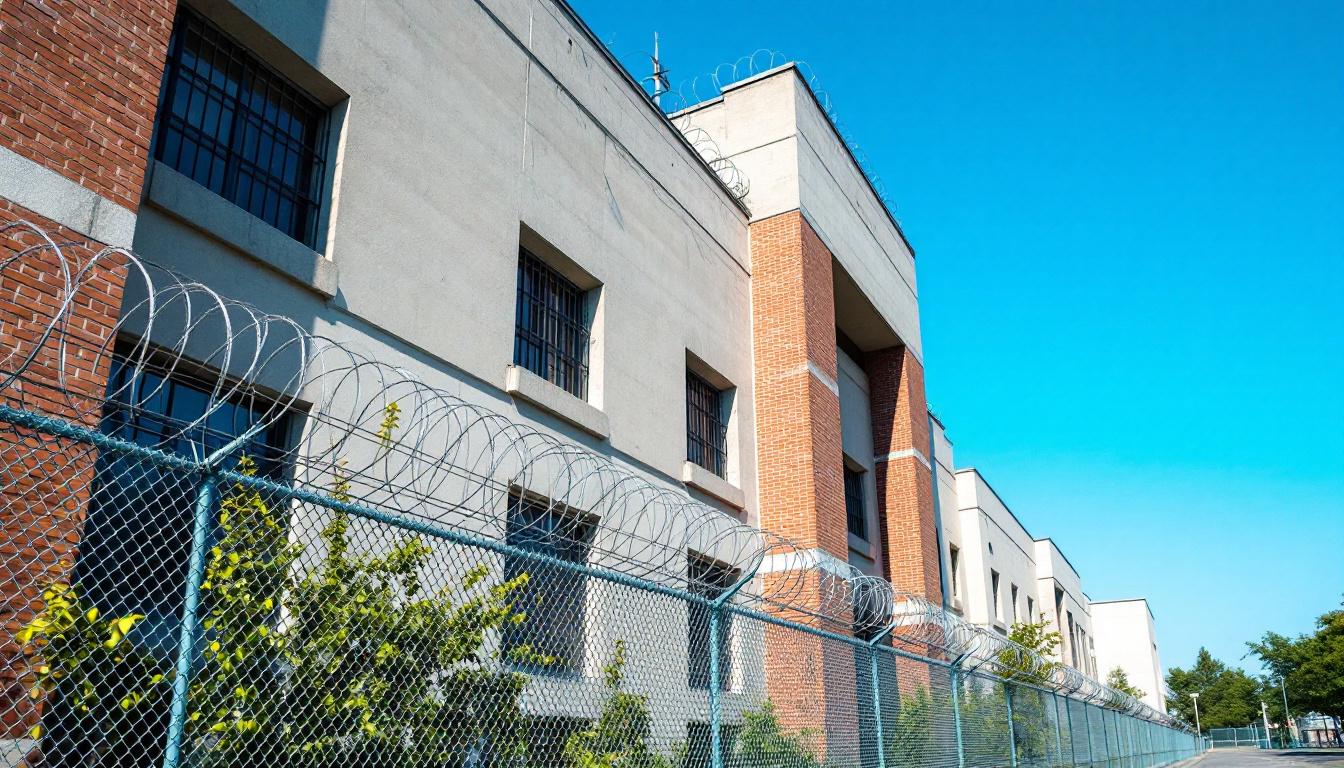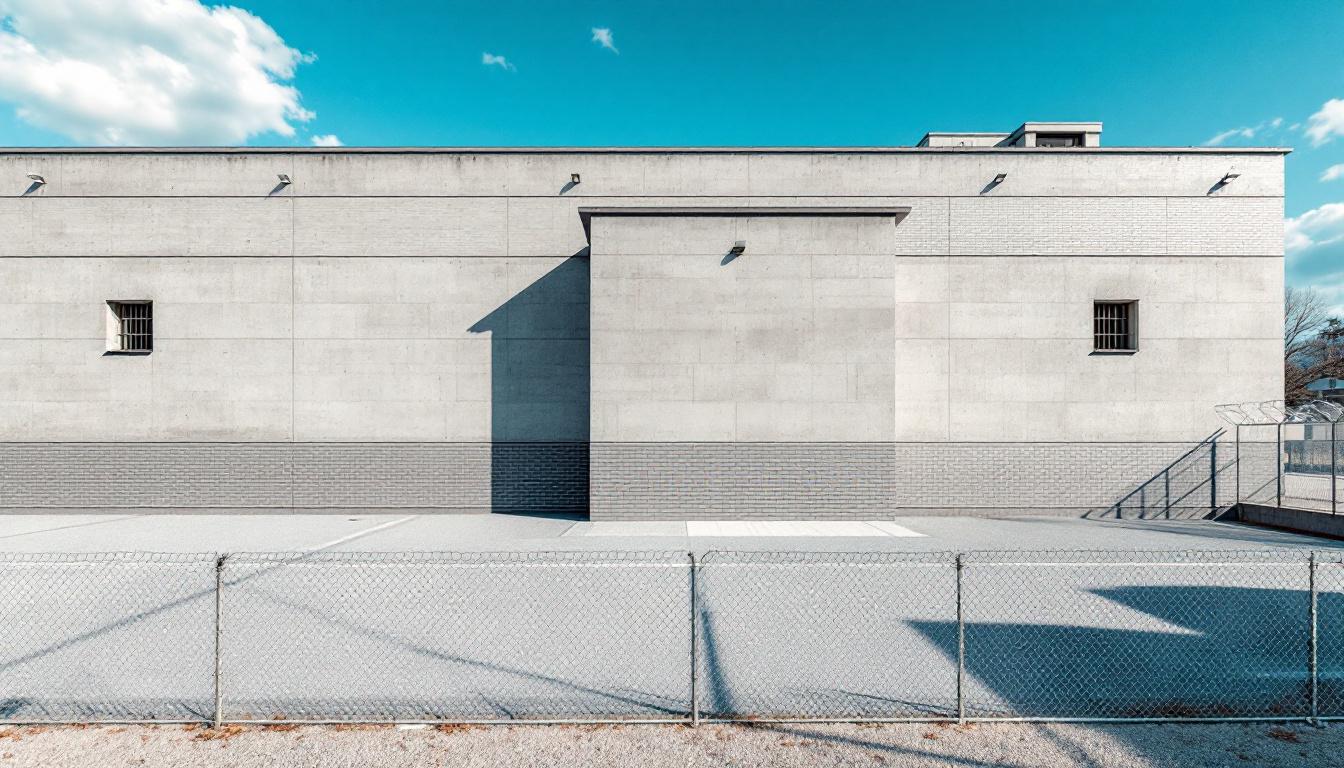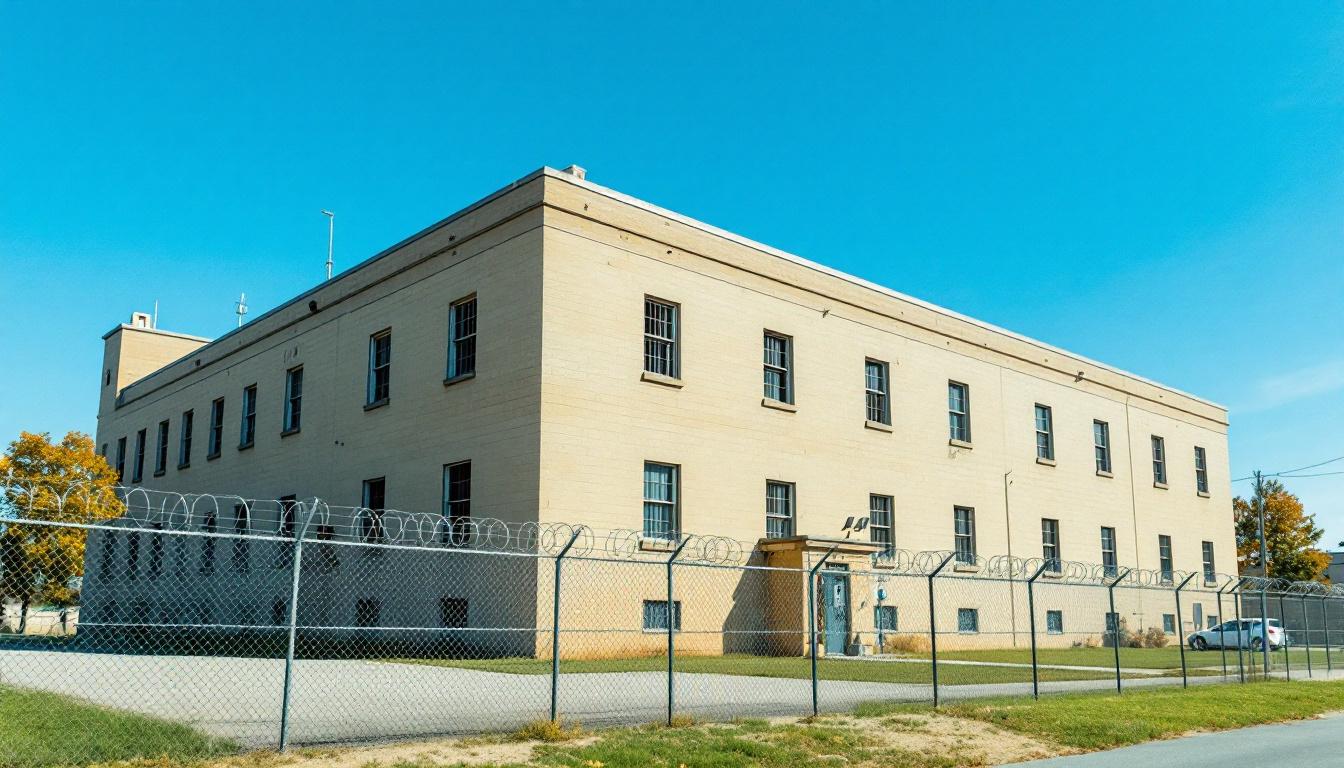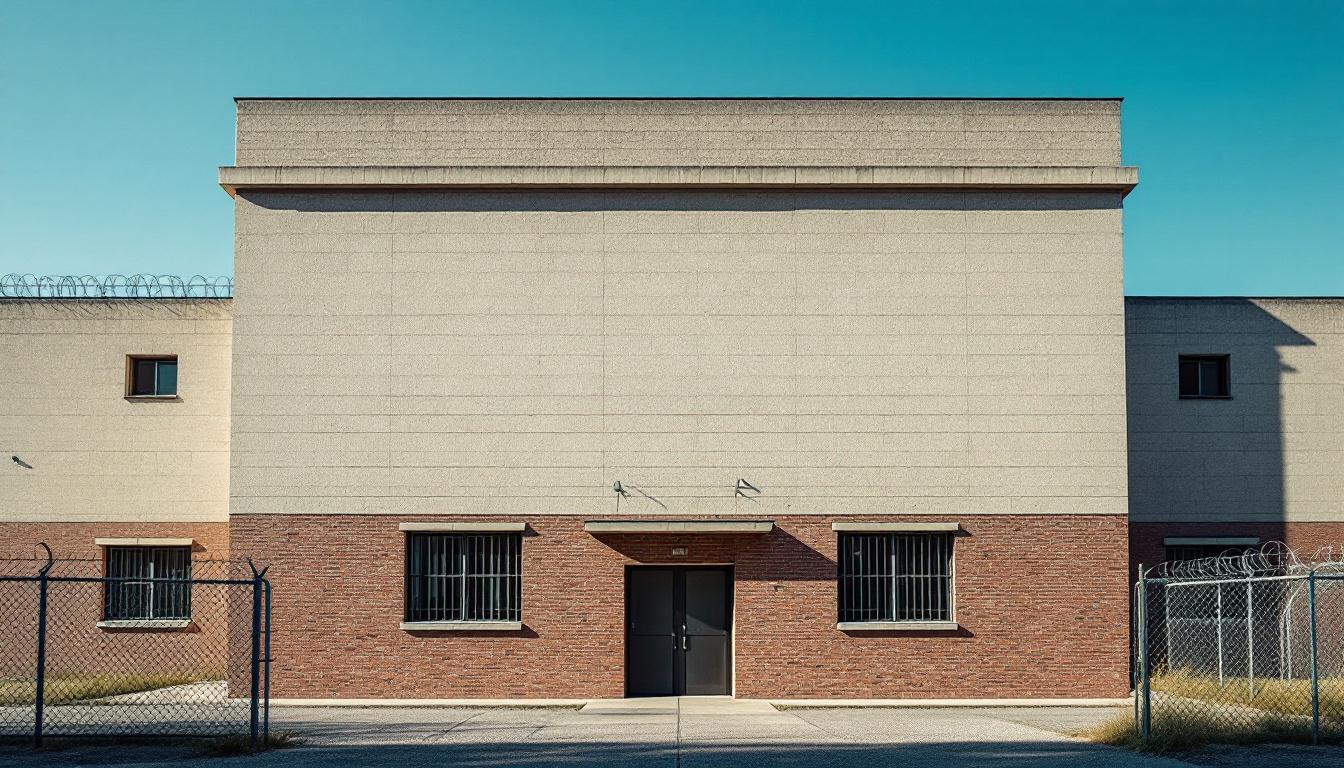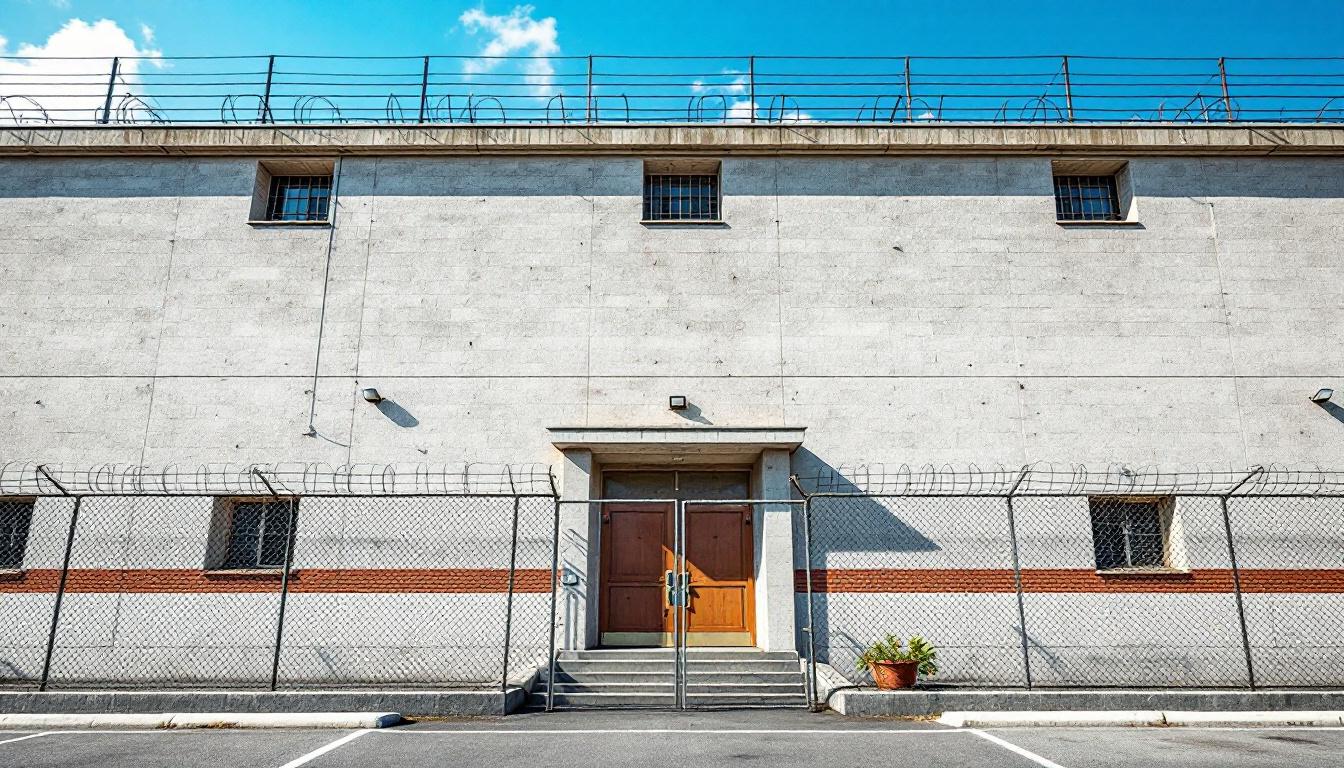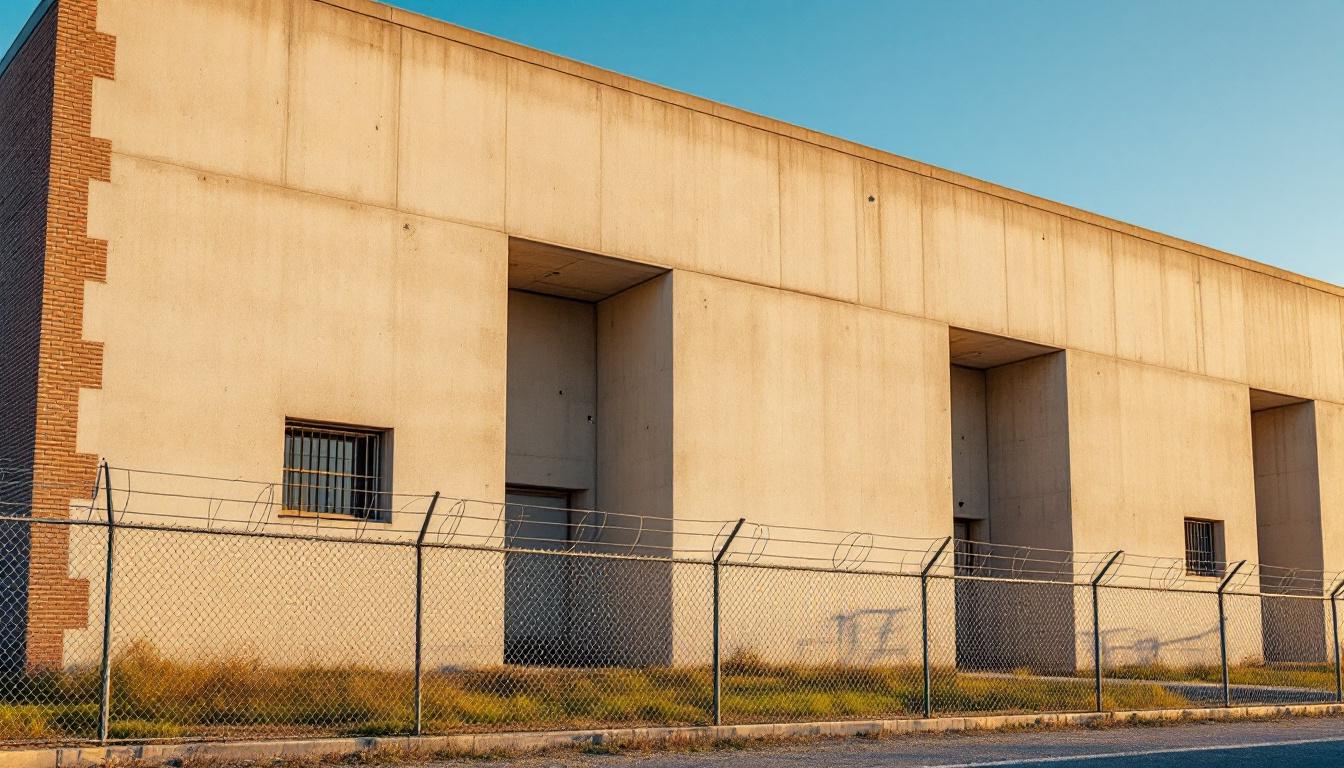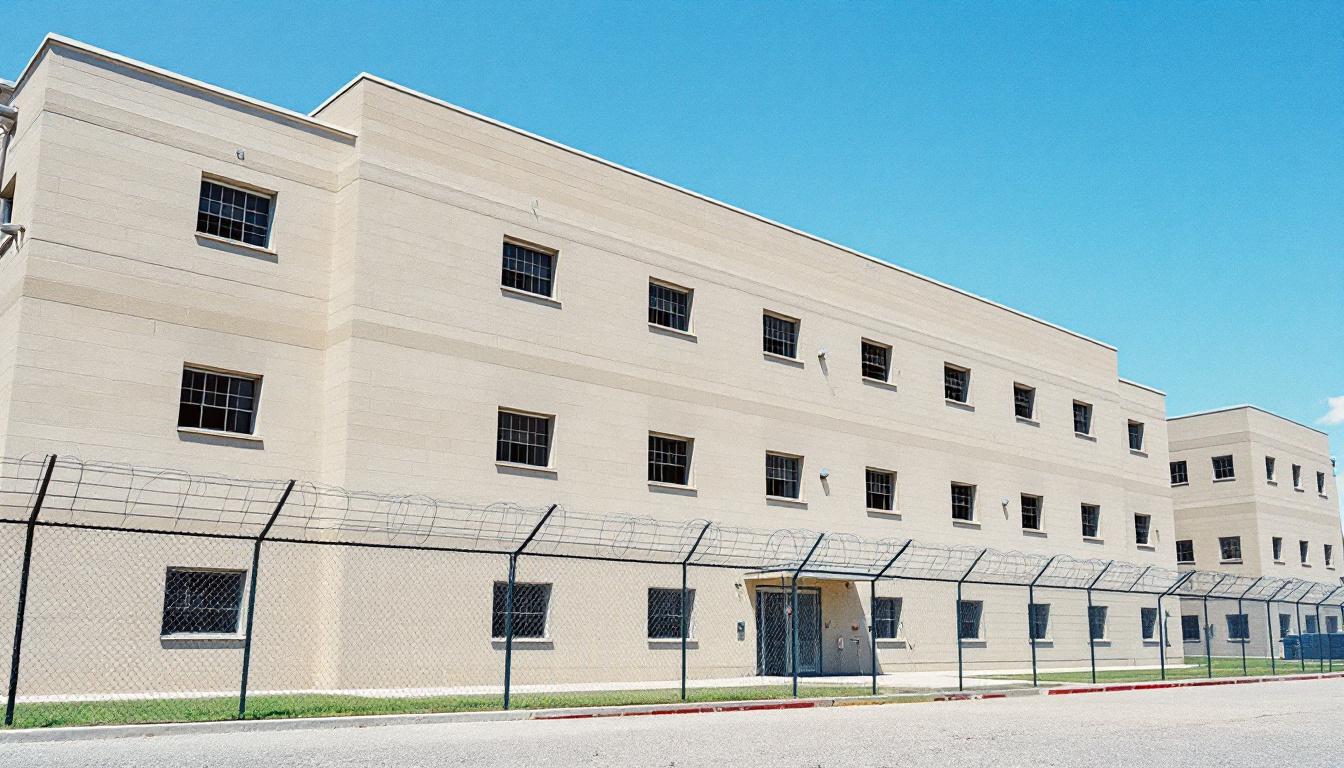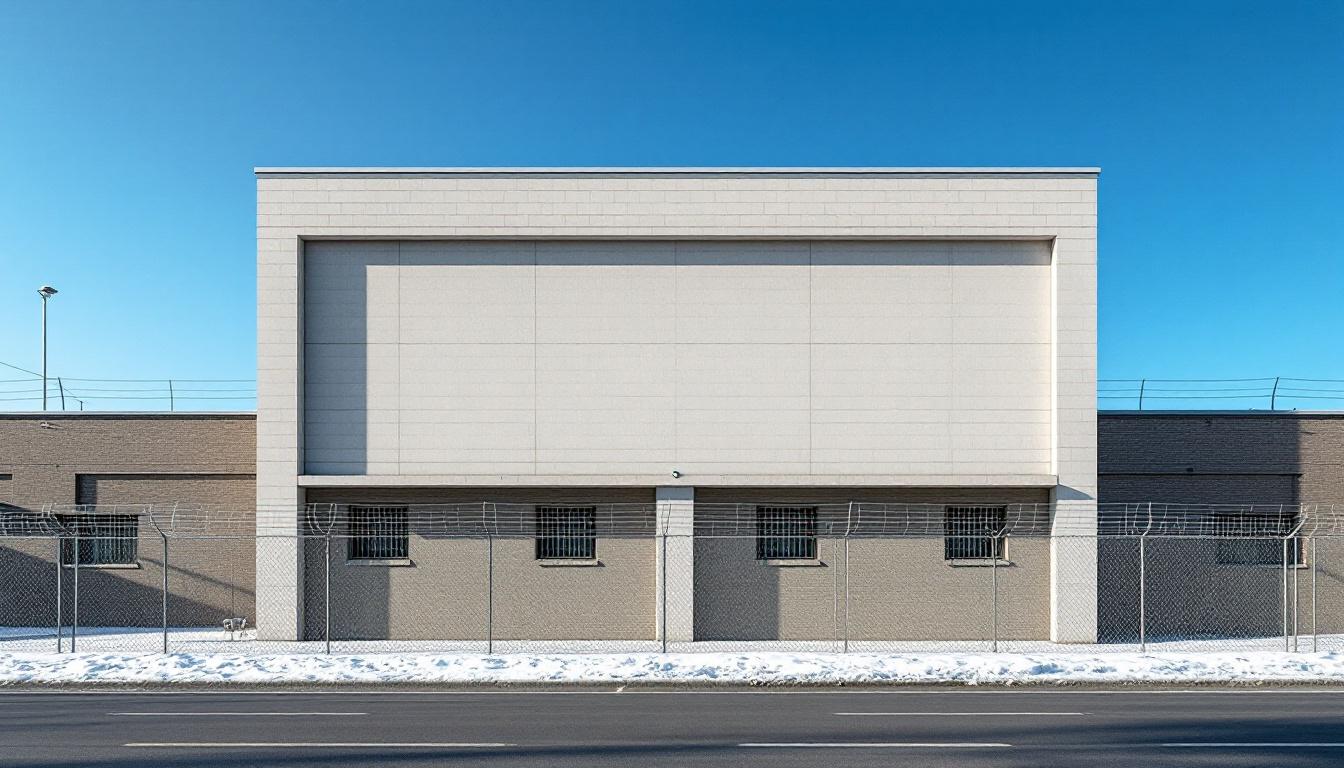
Quick Navigation
How to contact an inmate at T.L. Roach Unit
This comprehensive guide will walk you through how to connect with an inmate at T.L. Roach Unit. Follow the steps below to find an inmate and send letters and photos:
- Search for the inmate using our search tool below
- Create your account or log in to Penmate
- Write your message (up to 6,000 characters)
- Send instantly - inmates receive printed copies daily
Find an Inmate
Search for an inmate to start communicating today
Tip: You can search by first name, last name, or inmate ID number
To contact a person at T.L. Roach Unit start by searching for the person on the official facility website. Perform a search by following these steps:
- Step 1: Enter their first name and last name into the search form and click "Search"
- Step 2: Locate their inmate record
- Step 3: Write down their Inmate ID and any housing information provided
Important! Be sure to enter the person's full name. Nicknames should not be used.
How to Send Messages to Inmates

You can use your phone or computer to send emails, letters, and photos to an inmate. Messages are sent electronically to inmate tablets or kiosks at the facility. If you would like to send a message, start by searching for an inmate at T.L. Roach Unit.
Sending Photos and Postcards

A great way to send love and support to a loved one at T.L. Roach Unit is to send photos and postcards. It only takes a few minutes to send photos from your phone and it makes a huge difference. You can also mail postcards with words of support and inspiration, or design your own postcard for special moments like birthdays and holidays.
Important! Be sure not to send any explicit photos or they may not be approved by the facility. You can also use a photo printing app like Penmate to make sure your photos are printed at the correct size (4x6 or 3x5) and are mailed according to the rules and regulations of T.L. Roach Unit.
Frequently asked questions about T.L. Roach Unit
-
How long does it take to deliver a message?
If you're sending an email message your letter is usually delivered within 24-48 hours. For messages sent via mail you should expect delivery within 3-7 days. All messages will need be approved by T.L. Roach Unit.
-
How much does it cost to send a message to T.L. Roach Unit?
You can send a message free using your phone or mail a message via USPS for the price of a $0.60 stamp and envelope. You can also purchase credits or e-stamps from services starting at $1.99.
-
What services can I use to contact an inmate at T.L. Roach Unit?
Penmate
You can use Penmate to send letters and photos to an inmate from your phone. It's an easy way to stay in touch during your loved one's incarceration. Use the inmate locator to find an inmate's location and contact information, then you can send messages within a few minutes.
Securus messaging
Securus may be another option for communicating with an inmate at T.L. Roach Unit. You can create a friends and family account and purchase credits to send messages. All messages will be reviewed and must be approved by the facility.
JPay
Some county jails and state prisons may support sending messages with JPay. You must register an account with the system, find your loved one, and purchase stamps to send messages. For some locations you can also attach photos.
Smart Jail Mail
You may also check if Smart Jail Mail is available at T.L. Roach Unit. Smart Jail Mail is operated by Smart Communications and has contracted with some state and county jails. After purchasing credits, your messages and photos are sent to the facility, printed out, and then handed out to your loved one.
-
What is the mailing address of T.L. Roach Unit?
Mailing address:
T.L. Roach Unit
15845 FM164
Childress, TX 79201
Phone: (940) 937-6364 -
What are the visiting hours at T.L. Roach Unit?
Visiting hours at T.L. Roach Unit vary by housing unit and security level. Generally, visits are scheduled on weekends and holidays, with some facilities offering weekday visits. Contact the facility directly at (940) 937-6364 or check their website for the current visiting schedule. Visits typically last 30-60 minutes and must be scheduled in advance.
-
What items are prohibited when sending mail to T.L. Roach Unit?
Prohibited items typically include: cash, personal checks, stamps, stickers, glitter, glue, tape, staples, paperclips, polaroid photos, musical or blank greeting cards, hardcover books, magazines with staples, and any items containing metal or electronics. Only send letters on plain white paper with blue or black ink. Photos must be printed on regular photo paper (no Polaroids). Always check with T.L. Roach Unit for their specific mail policies.
-
How do I send money to an inmate at T.L. Roach Unit?
You can send money to an inmate at T.L. Roach Unit through several methods: 1) Online using JPay, Access Corrections, or the facility's approved vendor, 2) Money orders mailed directly to the facility with the inmate's name and ID number, 3) Kiosks located in the facility lobby, or 4) Over the phone using a credit or debit card. Fees vary by method, typically ranging from $2.95 to $11.95 per transaction.
-
Can I schedule a video visit with an inmate at T.L. Roach Unit?
Many facilities now offer video visitation as an alternative to in-person visits. At T.L. Roach Unit, video visits may be available through services like Penmate, Securus Video Connect, GTL, or ICSolutions. Video visits typically cost $10-20 for 20-30 minutes and must be scheduled in advance. You'll need a computer or smartphone with a camera and reliable internet connection. Contact the facility for their specific video visitation policies and approved vendors.
-
What identification do I need to visit an inmate at T.L. Roach Unit?
All visitors must present valid government-issued photo identification such as a driver's license, state ID, passport, or military ID. Minors must be accompanied by a parent or legal guardian who can provide the minor's birth certificate. Some facilities require visitors to be on the inmate's approved visitation list, which may require a background check. Contact T.L. Roach Unit for specific ID requirements and visitor approval procedures.
-
How can I find out an inmate's release date?
To find an inmate's release date at T.L. Roach Unit, you can: 1) Use the online inmate search tool if available, 2) Call the facility's records department, 3) Contact the inmate's case manager or counselor, or 4) Have the inmate provide this information during a call or visit. For privacy reasons, some facilities only release this information to immediate family members.
Facility Overview
Official Website

About T.L. Roach Unit
Within the broader Dallas metropolitan area, community safety and offender rehabilitation intersect at the TL Roach Unit, TX, where the facility's operations reflect decades of evolving correctional practices in the Lone Star State. This TX correctional facility operates as part of Texas's comprehensive approach to managing incarcerated populations while maintaining connections to the surrounding community through various support systems and family visitation programs. The facility's development over the years has typically aligned with broader shifts in correctional philosophy, moving toward models that balance security requirements with opportunities for personal growth and eventual community reintegration.
The facility's role within Texas's correctional system generally encompasses housing individuals at various stages of their sentences while providing access to inmates services that may include educational programming, vocational training opportunities, and counseling resources. Located within the Dallas region, the correctional facility often serves families from across North Texas who travel to maintain connections with incarcerated loved ones. Programming at the facility typically reflects contemporary understanding of effective rehabilitation methods, though specific offerings may vary based on population needs, available resources, and operational considerations. The facility's commitment to security and rehabilitation generally manifests through structured daily routines, supervised activities, and graduated responsibility systems that prepare individuals for eventual release.
Staff at the facility typically work within established protocols designed to maintain institutional safety while supporting positive behavioral change among the incarcerated population. The facility's operations generally include medical services, mental health support, and case management services that help individuals address underlying issues that may have contributed to their incarceration. As with many correctional facilities in the south region, the TL Roach Unit may also coordinate with community organizations and state agencies to facilitate successful transitions back into society, though such partnerships typically develop based on available resources and demonstrated effectiveness in supporting long-term public safety goals.
Programs & Services
Personal growth becomes the cornerstone of daily life when inmates participate in comprehensive rehabilitation services designed to build essential life skills. The facility typically emphasizes a holistic approach to development, where each service works together to address different aspects of an individual's journey toward successful reintegration. This philosophy recognizes that meaningful change often requires multiple pathways of support and skill-building opportunities.
Educational services may provide special education support for inmates who need individualized learning assistance, helping them develop foundational academic skills that support future success. Additionally, vocational training services often focus on teaching practical job skills that align with employment opportunities in the community. These educational and vocational components typically work together to ensure inmates can build both the academic foundation and hands-on expertise needed for sustainable employment after release.
Support services often include structured work programs that allow inmates to develop workplace habits and responsibility while contributing to facility operations. Faith-based initiatives may provide spiritual guidance and community support for those seeking this type of personal development. Additionally, inmates typically have access to janitorial services training, which teaches valuable maintenance and cleaning skills, while arts and crafts activities often serve as therapeutic outlets that promote creativity and stress management. These varied support services work together to address the emotional, practical, and spiritual aspects of personal growth during incarceration.
Daily Life & Visitation
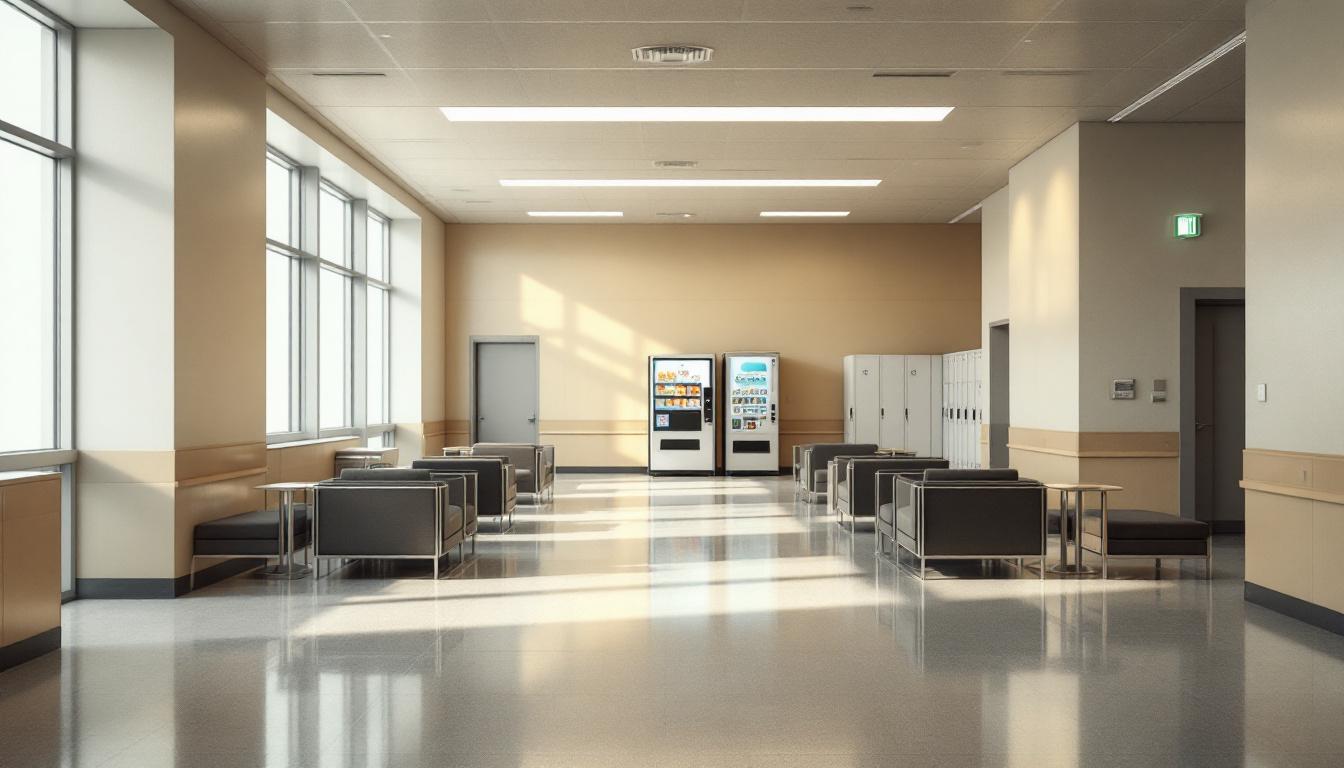
The concrete walls and steel doors of the housing units create a controlled environment where inmates now navigate their daily routines within clearly defined boundaries. Wake-up calls regularly signal the start of structured days that revolve around scheduled counts, meal times, and assigned activities. Inmates typically adapt to this regimented schedule by establishing personal routines within the facility's framework.
Living accommodations generally consist of shared cells or dormitory-style housing units, where inmates store their limited personal belongings and maintain their assigned living spaces. The dining hall serves meals at designated times, with inmates moving in organized groups under staff supervision. While the physical environment may feel restrictive, many inmates find ways to personalize their limited space with approved items from the commissary and correspondence from family members.
Additionally, the facility typically provides various programs and work assignments that help structure the day and offer opportunities for skill development. Recreation periods may include access to outdoor yards, gymnasium facilities, or common areas where inmates can exercise and socialize within established guidelines. Visitation opportunities and phone privileges generally allow inmates to maintain connections with family and friends, providing crucial emotional support that helps them adapt to institutional life. These communication options often serve as important anchors that help inmates cope with the challenges of their daily environment.
Ready to Connect?
Start communicating with your loved one today
Search for an Inmate
